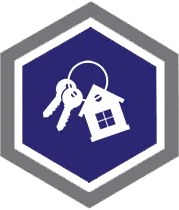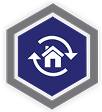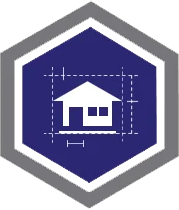Your home is more than just a place to live — it’s a valuable financial asset that can help secure your future. At Raoul Hunt, we help Canadians unlock the equity in their homes to create a steady source of income and support a comfortable retirement lifestyle.
Whether you’re nearing retirement or already enjoying it, our mortgage experts provide personalized financial solutions that align with your goals. From refinancing to reverse mortgages, we make the process simple, transparent, and built around your long-term security.
Plan your retirement with confidence — add my Mortgage Toolbox to explore your home equity options, estimate your borrowing power, and take the next step toward lasting financial freedom.
Tell me your plan, I will guide the steps
Expert guidance. Clear options. Mortgage solutions tailored to your financial goals

Make your home purchase simple and stress-free. We help you compare lenders, understand your options, and secure the right mortgage based on your budget and long-term goals.

Combine your debts into one simple, affordable payment. We help you use your home equity to lower interest rates, reduce stress, and take control of your finances with ease.

Don’t just auto-renew. We shop with multiple lenders to find better rates and flexible terms that fit your goals, helping you save money over the life of your mortgage.

Use your home equity strategically to enjoy a secure and comfortable retirement. More and more Canadians are entering retirement with a mortgage by design — leveraging their home equity as a tax-free source of funds. We’ll help you explore smart mortgage strategies that protect your lifestyle, preserve your wealth, and support your long-term financial well-being

Refinance with confidence. We help you review your existing mortgage, explore refinancing options, and understand how refinancing may support broader financial strategies — whether that involves adjusting payments, accessing equity, or aligning your mortgage with future goals.
Many companies that offer reverse mortgages have no negative equity guarantee, which means you can never owe more than your house is worth. To offer these guarantees, the amount of equity you are allowed to access is based on several factors, including:
– Appraised value of the property
– Location of the property
– Age of the youngest homeowner
There are limited income requirements to obtain a reverse mortgage. Ultimately, the lenders want to ensure that the borrowers can pay the property taxes and maintain the home with their own funds. In some cases, the lenders would be able to hold back a certain amount of funds and would release them on an annual basis to cover off-property tax payments.
© 2025 Raoul Hunt Services. All rights reserved
Call or text today, we are here to help!
💬 613-317-4262
I agree to be contacted by Raoul Hunt via text, call.